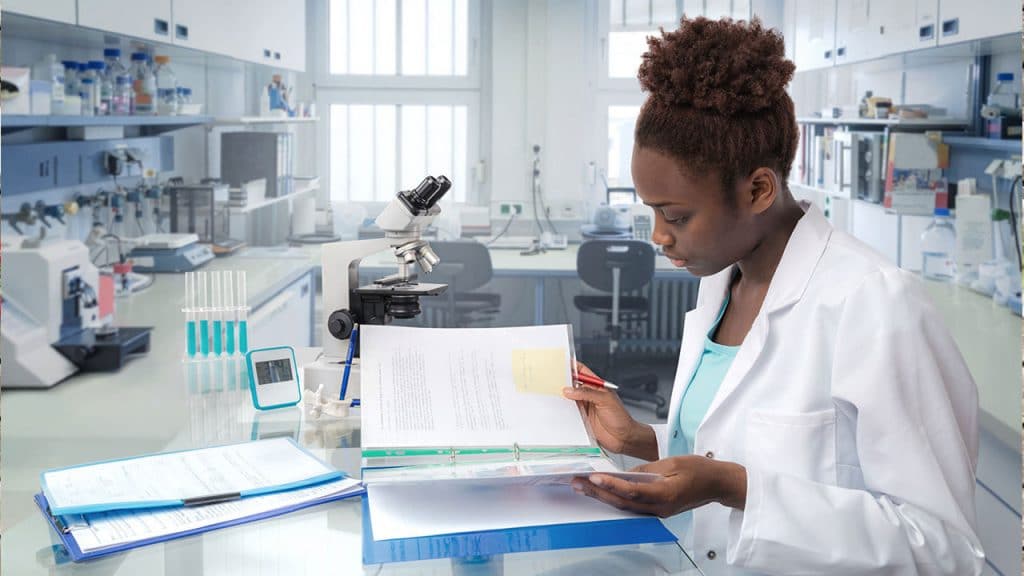A lot of what’s important in measuring your health, diagnosing problems and working out solutions goes on behind the scenes in laboratories where very clever people look deep beneath the surface of your body and its component parts.
There are some standard tests that are likely to crop up whenever you have something wrong with you, and there are some more specialized kinds for when you’ve tried all the usual things and still can’t figure out the problem.
Whatever tests you need, the most likely place to start is with blood. Pretty much everything in the body runs through the blood at some point, so it’s also where you can spot a lot of potential issues. A blood test may require a big needle in your arm, but sometimes you can manage with just a few drops of blood squeezed from your fingertip.
Test panels are a collection of tests often performed together for improved efficiency. For example, a metabolic blood panel can measure sodium, potassium, urea, magnesium, creatine and other elements all at the same time. Sometimes cholesterol will be included as well. Another blood test is a blood gas test, which can diagnose what are called acidosis conditions.
A complete blood count (CBC) or full blood count measures white blood cells, red blood cells, platelets and hemoglobin in your blood. This can be used for diagnosing conditions such as anemia, as well as various kinds of infection and even leukemia. A CBC can detect iron and B12 deficiencies.
Another common body fluid for testing is urine. This is probably most familiar for its role in drug testing and its use in pregnancy tests. Even the clarity, color and smell of the urine can be indicative, but full urinalysis will use a test strip to analyze its chemical composition. This may allow the diagnosis of conditions including urine infections and various kidney-related problems, such as kidney stones and chronic renal disease. Like blood tests, urine tests can also reveal elevated glucose levels, which can be associated with diabetes.
Testing isn’t all about bodily fluid. Biopsies involve the sampling of small pieces of tissue, or even just a few cells. A pathologist can examine these cells under a microscope to detect any abnormalities. For example, it may be used to analyze a tumor to identify if it’s cancerous. Pathology is the medical specialism responsible for studying the cause and effect of different diseases.
Sometimes medical testing will be based on your symptoms and the suspicions of the doctor. For example, if your symptoms are consistent with a hormone imbalance, you will need to have your hormones checked. If you’re going to have surgery or a major medical procedure, the doctor will probably need to know as much about your body and health as possible. Sometimes testing is recommended because of your age or other risk factors that make you more susceptible to a certain condition.
However it’s done, the doctors in the lab provide an essential service in monitoring your health and making sure every part of you is working as it should. Without testing, you’d never know what was wrong with you, if anything, and therefore wouldn’t be able to try to fix it.




